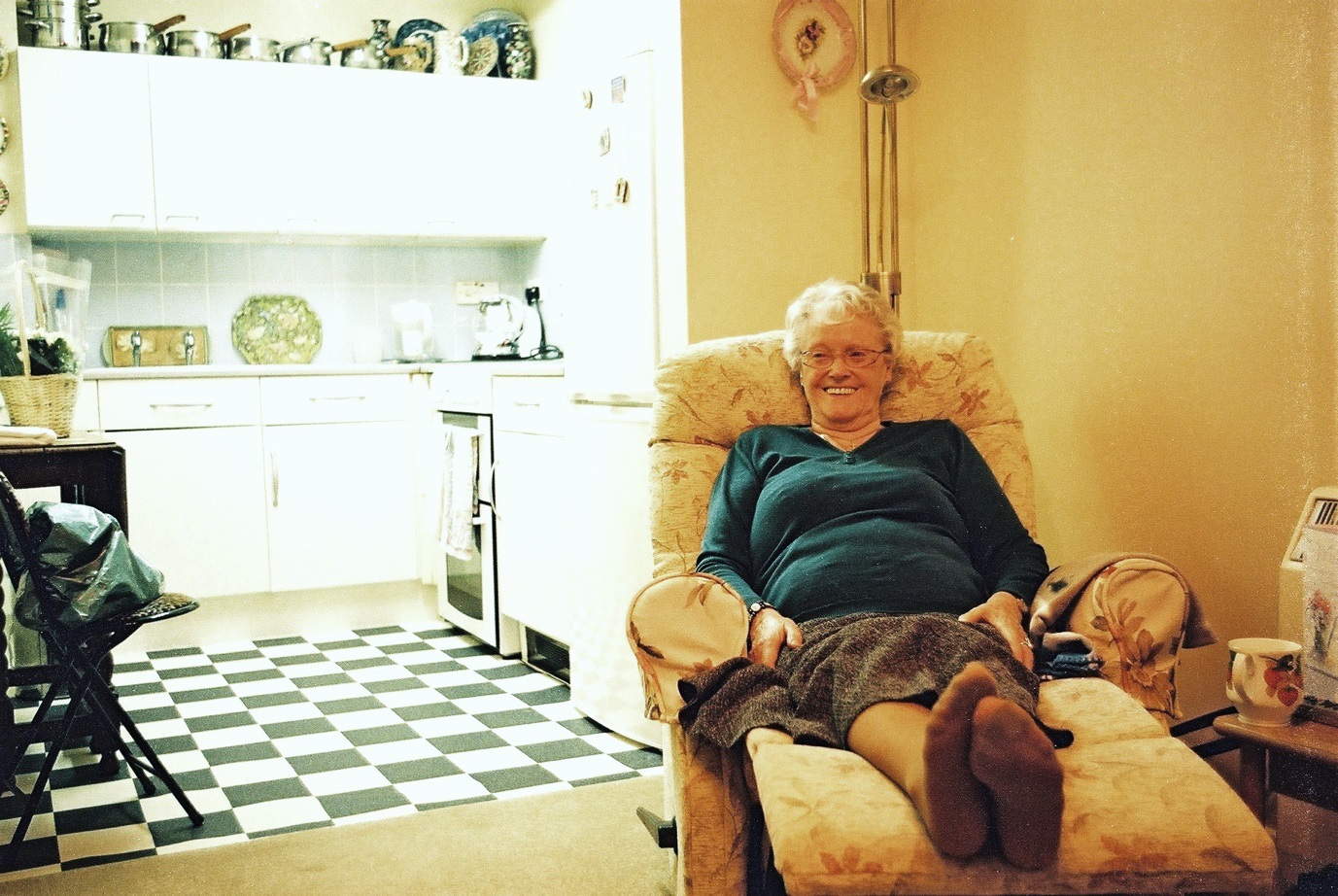If you’re planning to convert rooms so that an elderly relative can live in an adjoining, self-contained flat, you need to ensure it will be ‘user-friendly’ and fit-for-purpose. Here are some areas for consideration.
Access
While the person in question may be spritely for their age when they move in, this won’t always be the case, so if the flat is accessed by many stairs, this may cause difficulties in the future. If the staircase is wide enough and your budget allows, a stair lift could be installed. At some point the occupant may need to use a walking aide or wheelchair, which is why doorways should be wide enough to accommodate either.
Kitchen
Even for a relatively able-bodied elderly person, bending can be difficult, so install kitchen counters slightly higher. Similarly, an eye-level oven with separate hob may be preferable to a standard cooker. Deep drawer and carousel units are easier to access than standard base cupboards. Tall wall cupboards aren’t practical, as they may require the use of a step ladder, which is a safety risk. While the floor should be easy to clean, tiles are cold, hard and slippery. A better alternative would be non-slip vinyl flooring, such as that sold by Carpetright.
Bathroom
Installing a wet room may seem ideal, however this means large areas of the floor could be wet and slippery. A standard shower cubicle avoids this problem and if room allows, a walk-in bath would offer the resident an opportunity to soak their aching joints in warm water. Whatever you decide, sturdy hand rails should be fitted and non-slip mats inserted. Ensure that the shower is thermostatically controlled, otherwise scalding could occur. All taps should be lever or cross-head, as they are easier to grip than round or dome-head.
General
Hardwood floors have rocketed in popularity and although you can install under-floor heating under certain types, it is hard and somewhat noisy. Carpet is probably the better option, as it is far safer than loose rugs and it will absorb some noise. Arthritis can impact on an elderly person’s quality of life quite significantly, so consider this when choosing door and cupboard handles. Round doorknobs can be difficult to turn, so opt for lever models. If the person has no strength in their grip, doors could be hung from sliding door gear, which would be particularly handy for wheelchair or walking aide users. Flush-fitting, sliding door handles wouldn’t protrude or catch on clothing.
Peace of Mind
If your family member is fiercely independent and private, they may not appreciate you frequently calling round to see how they are. With the person’s permission, you could install listening devices, such as baby monitors, as well as an intercom system. Although unlikely anyone would agree to CCTV (and even if they did, no one would be monitoring it 24/7) a ‘panic button’ alarm could be worn at all times, which would notify you instantly of a problem.
Living in an adjoining residence such as a granny flat means an elderly relative can feel secure, while still living independently. Of course proximity may mean your treasured family member ends up spending a significant amount of time in your home, either to combat loneliness or to take advantage of your home cooking.
